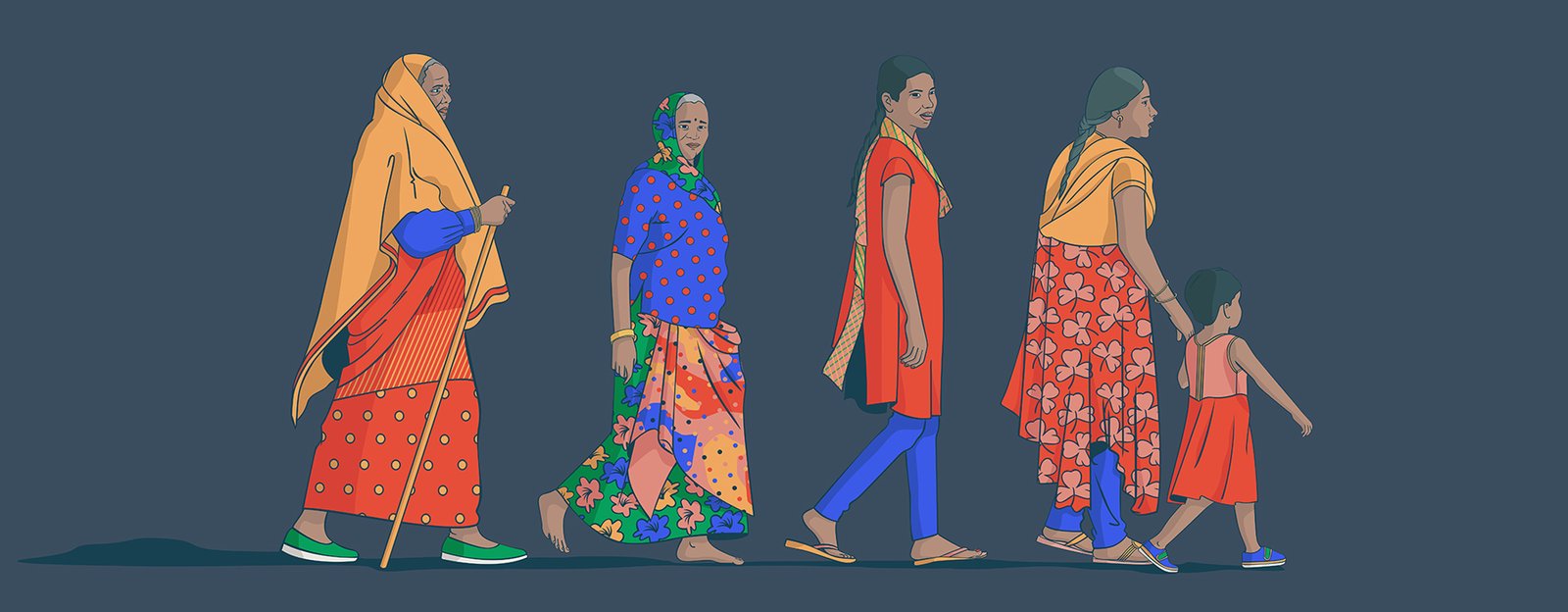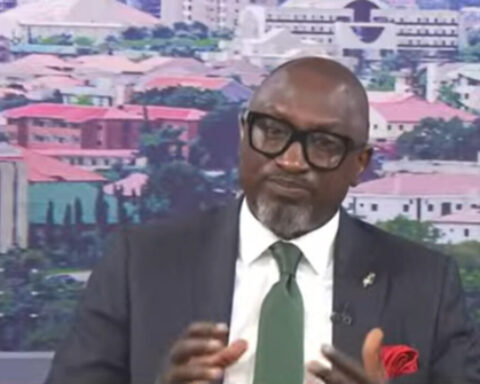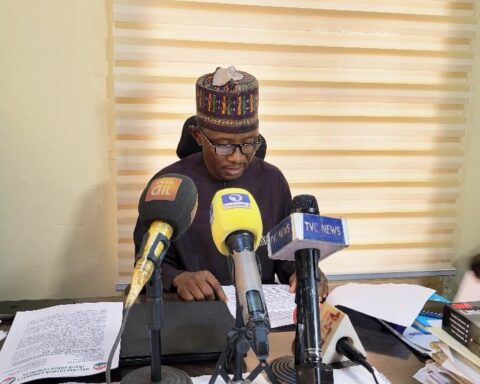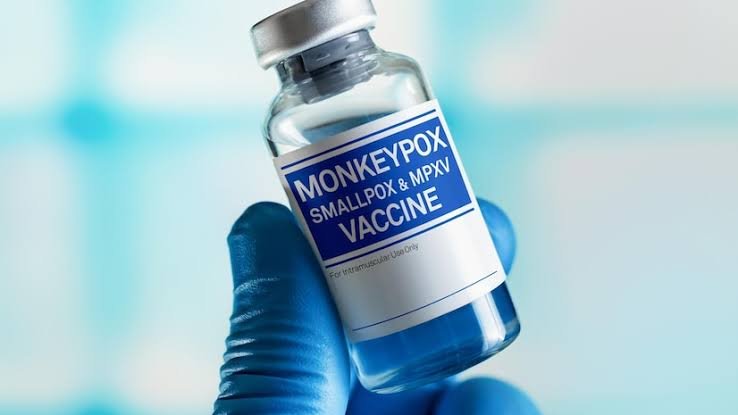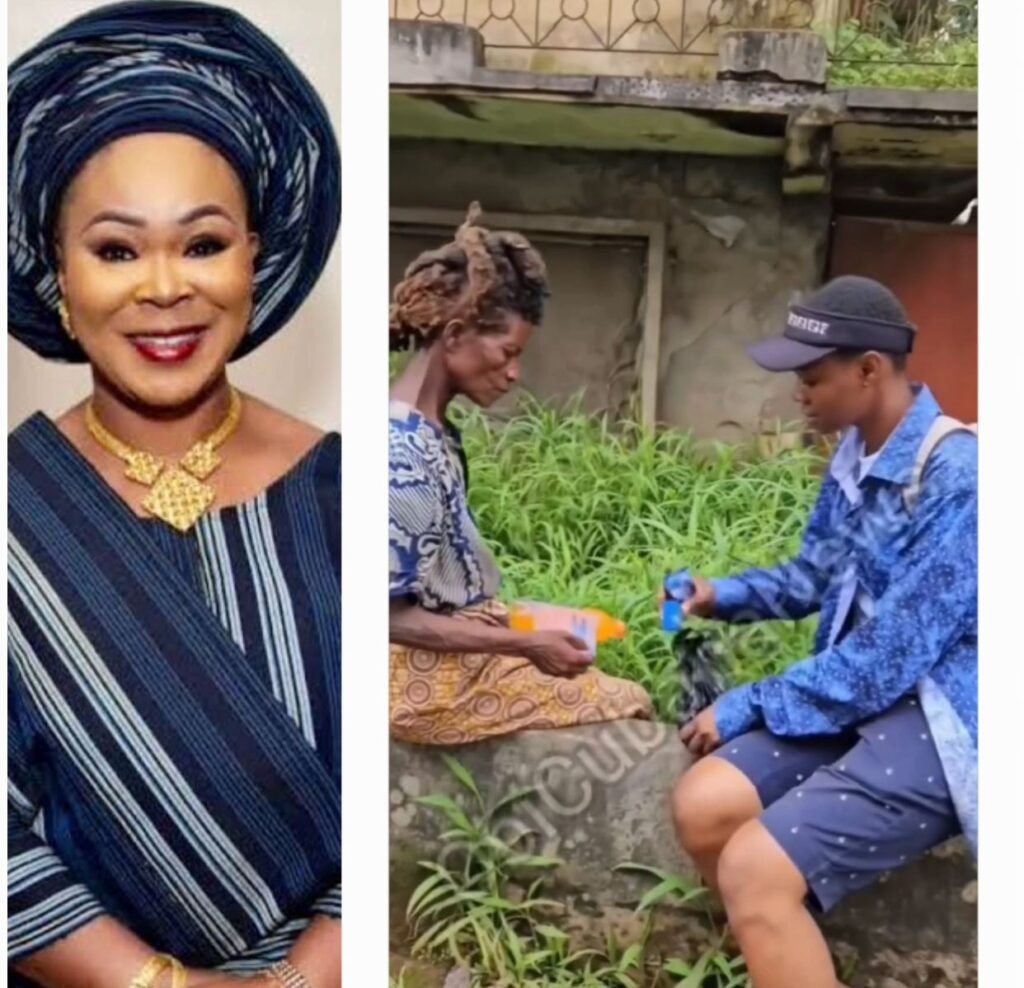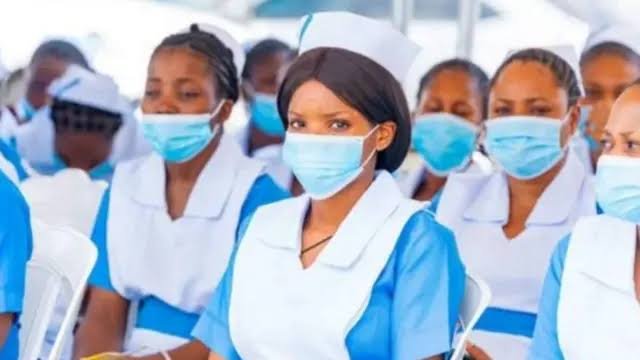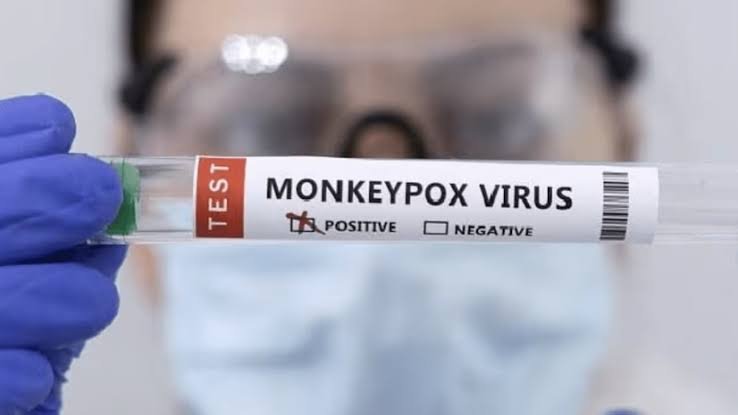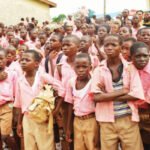By Abujah Racheal
Stakeholders have called for urgent, multi sectoral investments in sexual and reproductive health and rights (SRHR) across Africa, warning that without it, the continent risks squandering its greatest resource, its youth.
The stakeholders made the call on Thursday in Abuja at the National Policy Dialogue on Improving Adolescent Access to Sexual and Reproductive Health Services.
The theme of the dialogue, which was organised by Nigeria Health Watch and its partners, was “Closing Reproductive Health Impact Gaps–Strategic Approaches for Equity and Access”.
Despite ongoing national investments, adolescent reproductive health outcomes in Nigeria remain uneven, with contraceptive uptake among adolescents still low.
Experts at the dialogue emphasised the need for high-impact, evidence-based interventions, youth-driven design, and better alignment of funding priorities at both national and subnational levels.
Ms Mashishi Mokgadi, Africa Access Lead at Organon, a global pharmaceutical company, highlighted how policy failures continue to trap girls and women in cycles of poverty, early pregnancy, and lost economic potential.
Mokgadi said that poor access and cultural barriers were also contributing to the problem.
She shared the fictional story of Lucy, a 15-year-old girl who becomes pregnant due to a lack of access to contraception, drops out of school, and is eventually forced into marriage with a much older man.
“Lucy’s story is not just a personal tragedy—it’s a national and continental economic loss.
“It touches every Sustainable Development Goal, from maternal health to education, decent work, gender equality, and economic growth,” she said.
She said that Organon was committed preventing 120 million unintended pregnancies under the FP2030 initiative, having already achieved over 55 per cent of that goal.
She also emphasised the importance of partnerships with governments, civil society and the private sector to ensure sustainable financing, local ownership, and youth-centred solutions.
“Our continent has the world’s youngest population, and we must ensure they have access to comprehensive SRHR services.
“Every dollar invested saves more in healthcare, education, and productivity,” she added.
Mokgadi called on African leaders to prioritise health in public budgets.
She urged policymakers to commit to concrete actions, including creating budget lines for family planning and removing legal and policy barriers that prevent young people from accessing care.
Dr Fatima Bunza, Country Director at Tiko Nigeria, emphasised the organisation’s commitment to using data and community insights to design impactful, culturally sensitive interventions.
“We do not just deploy tech for the sake of it. We design around the real needs of adolescent girls, ensuring that what we offer is safe, confidential, localised and culturally sensitive,” she said.
Bunza explained Tiko’s ecosystem model, which connects young users to verified healthcare providers, trained counsellors, and peer educators in real time, helping to build trust and reduce stigma.
“Technology is only effective if users understand and trust it.
“That is why Tiko invests in digital literacy and community mobilisation, especially for girls accessing smartphones or SRHR information for the first time,” she said.
She also highlighted Tiko’s low-tech solution: eco-cards, physical cards carried by trained community mobilisers to connect girls without phones to SRHR services.
“Low-tech is not an afterthought. It is a core part of our ecosystem approach,” she said.
Ms Peace Umanah, Director of Communications at the International Youth Alliance for Family Planning (IYAFP), underscored the power of localised storytelling in securing funding and shifting public perception.
“We must tell our stories, real Nigerian stories. Stories that move funders and reach young people where they are,” Umanah said.
Ms Margaret Bolaji, Youth Partnerships Officer with FP2030 for North, West, and Central Africa, shared innovations in self-testing tools that preserve privacy and reduce stigma.
“With HPV self-sampling kits and the ‘Lemon’ STI kits, young girls can now test privately without shame or judgment,” she said.
She said that the Lemon kits were stocked in major pharmacy chains and can be discreetly requested by simply asking for a lemon.
Bolaji said that FP2030 supported youth-led accountability through structured mentorship, capacity building, and active roles in co-creating solutions.
“We do not just invite youth to the table, they bring their seats. But we must also equip them to sit and lead,” she said.
Ms Testimony Adeyemi, Marketing Lead at Healthtracka, shared the success of Lola AI, a WhatsApp-based conversational tool that delivers SRHR information to young Nigerians in a friendly, non-judgmental format.
“We build with kindness and meet girls exactly where they are.
“Many are too shy or afraid to ask questions, but Lola makes it easier to access accurate information in private,” Adeyemi said.
She said that the annual Banking on Women’s Health Conference, also organised by her team, provided a research-backed platform for shaping policy.
According to her, recent findings confirm that shame, secrecy, and misinformationremain top barriers to access for adolescent girls.
Participants at the policy dialogue reaffirmed the urgent need for cross-sector collaboration, spanning education, health, finance, and community development, to advance adolescent reproductive health in Nigeria and across the continent.
The overarching message was, “mormalise youth access to reproductive health services through dignity, data, and design”.
Follow us on all social media platforms @dailyquery for news and analyses around the globe
